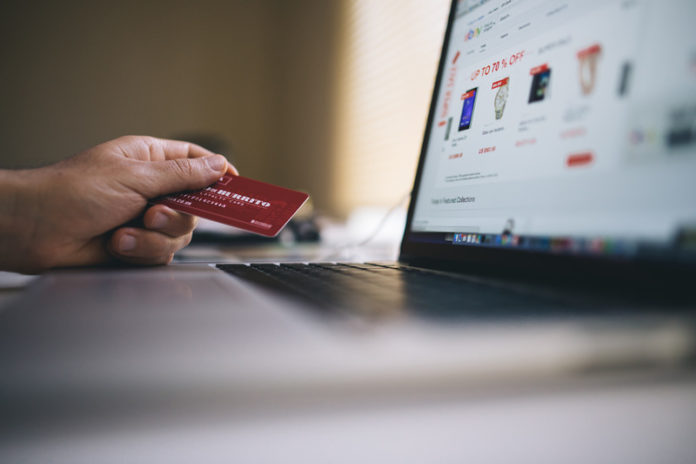It’s 9 pm on a Wednesday. Time for the primetime show on your favorite news channel. The economy is trembling with job loss, layoffs, deaths, and whatnot. But they’re still playing the Myntra ad on TV. Let’s understand why.
One of the essential technologies that govern modern life is the Internet. Research says that the average human spends almost 7 hours on the Internet daily. The advent of the Internet has also led to a boom in the number of start-ups operating online. They have played a very pivotal role in shaping consumer behavior and sentiments.
Exploring the new-normal in a post-COVID Internet driven consumer market.
A McKinsey report states that a significant chunk of optimistic consumers has recessed. Reduced income and shortage of essentials have also led to a decrease in the number of shoppers offline. But this is highly dependent on the state of the pre-COVID economy in the country. Other trends observed are the boom in segmented shopping and spending. People are getting reluctant about spending on lavish one-time experiences and are getting more conscious about the need for essentials.
The shift from mall hopping to online platforms has also seen a rise. E-commerce websites like Amazon and Alibaba have noticed increased online engagement and activity. Although market experts are skeptical about the longevity of online platforms versus shopping malls, only time will tell who wins.
One of the major positives observed due to COVID-19 is increased health awareness and sanitation. In a country like India, with a highly dense population and a marginally low earning class, sanitation and health care have often been neglected. People have now started realizing the importance of hygiene and health.
The stay at home orders imposed all around the world has started showing environmental benefits too. Consumers have begun realizing about ecological sustainability, and companies providing such solutions are coming to the limelight. The factors that have helped companies survive business is their importance to customer service, relief, and support.
Many companies have initiated efforts towards customer moral upliftment. Initiatives like personalized communications by companies like Zomato work as customer relief programs, and have helped companies come closer to the consumer.
Also, companies dependable on supply and logistics have reworked their strategies considering the importance of their product in a consumer household. COVID-19 has forced these companies to innovate their supply chain and logistics operations. The best part is that they are doing it in real-time.
“We assured everybody that their jobs are safe,” – Sandeep Barasia, MD-Delhivery
The number of hoax Whatsapp messages doing rounds in the country has also risen, leading to false information being spread rapidly. Companies have taken their stand on this as well. Many brands understood the need to raise their voice against it and focused on creating informative content to stop miscommunication about homegrown remedies for COVID-19.
As a relief measure, many companies interacting directly with consumers are innovating product offerings and their go-to consumer models. A lot of them have also partnered with banking firms to provide EMI support to customers. Indian corporate giant, the Tata Sons, has been selling consumer products under their TATA SAMPANN banner for a while. They recently started the Tata Salt IQL (Quizzing league), aiming at keeping kids mentally active and engaged during the lockdown.
“Post COVID-19, our focus will continue to be able to connect with our consumers across digital platforms but in newer and more experimental ways.” –Sagar Boke, Head-Marketing, Tata Consumer Products
European countries, on the other hand, have also started switching to online commerce much more proactively. The majority of people in Poland and Italy had begun shopping online, which was not prevalent before COVID-19 happened. A big reason behind the slow adoption of online commerce in Europe could be the brand obsession with premium European brands. With Covid-19 coming into picture, these brands have also started selling online, coming out as relief to fashionistas.
Luis Vuitton turned three of its perfume factories into hand sanitizer manufacturing units. Prada announced funding for two new ICU’s in Milan’s hospitals. More and more European brands are making efforts to combat COVID-19 together, and a lot of their work is helping them realize their relationship with the consumers.
As the number of cases rises, and as the world collectively struggles to fight it back, Brands have taken great leaps in realizing their potential as a multi-specialty company.
COVID-19 has made it difficult to survive, but it has also been an opportunity for a few brands. The measures they have taken to provide customer relief and consumer satisfaction will always be remembered, and would help them increase business in the future. Brand trust is a psychologically proven concept, and the ever-increasing emphasis on it will contribute to make the world a better place to live.




